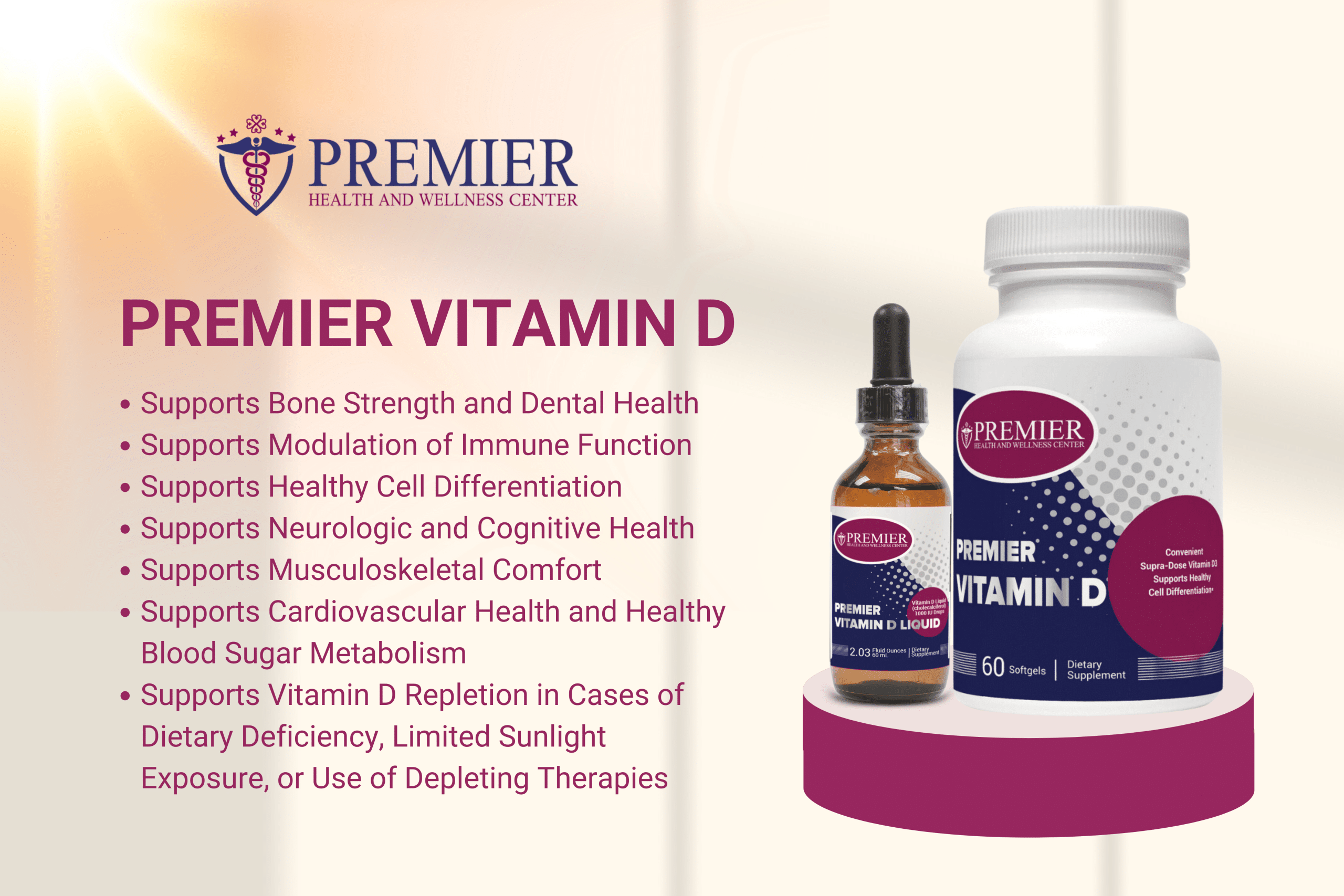
Sunlight does more than just light up our surroundings; it’s essential for our health in several ways. Yet, in our modern lifestyle, where we often find ourselves indoors, getting the right amount of sunlight can be a challenge.
Even when we get a chance to enjoy the sun, some of us might miss the best time to be outside or apply insufficient sunscreen, which can do more harm than good. It’s important to find a middle ground – understanding how good the sun can be for us and how to stay safe while enjoying it.
This blog explores why sunlight is good for you and how to get the right amount of sun exposure without risking your health.
What Vitamins Do You Get from the Sun?
The sun is a major source of vitamin D, or “sunshine vitamin.” Unlike other essential vitamins that must be obtained from food, the body synthesizes vitamin D. When the sun’s ultraviolet B (UVB) rays hit our skin, they convert cholesterol into Vitamin D3 (cholecalciferol).
The body then transports the newly formed cholecalciferol to the liver and the kidneys, where it transforms into vitamin D’s active form, calcitriol. Calcitriol circulates in the bloodstream, regulating calcium and phosphate levels in the body, which are vital for healthy bone formation, immune function, and muscle operation.
Vitamin D functions more like a hormone in the body, influencing the expression of multiple genes that are important for various bodily functions.
Benefits of Sunlight to Your Health
Ready to see the sun in a whole new light? Here’s how getting a bit of sunshine enhances your health in many ways:
1. Boosts Bone Health
Sunlight exposure enhances the body’s ability to absorb calcium, making it essential for developing and maintaining strong bones. Sufficient vitamin D reduces the risk of fractures and conditions like osteoporosis and rickets.
Moreover, vitamin D is crucial for muscle function, and a deficiency may lead to weakness and a higher risk of falls.
2. Improves Mood and Mental Health
Exposure to sunlight increases the brain’s production of serotonin, a neurotransmitter that enhances mood and promotes calm and focus. Seasonal affective disorder (SAD), a form of depression related to changes in season, is mainly influenced by sunlight exposure. Optimal vitamin D levels alleviate symptoms of SAD during the darker months.
3. Enhances Sleep Quality
One of the significant advantages of sunlight for our health is its ability to regulate our sleep patterns. Natural sunlight helps regulate the body’s internal clock or circadian rhythm. This improves sleep patterns by telling the body when to increase and decrease melatonin production, the hormone responsible for sleep.
4. Supports the Immune System
Vitamin D enhances the pathogen-fighting effects of white blood cells and monocytes, which are crucial components of the immune system. This means the body is better equipped to fight off infections and diseases. Research suggests adequate vitamin D levels reduce the risk of certain autoimmune conditions, such as type 1 diabetes and multiple sclerosis.
5. Lowers Blood Pressure
Sunlight exposure may help lower blood pressure. When you expose your skin to the sun, a substance known as nitric oxide is released into your bloodstream. Nitric oxide is an essential vasodilator that helps widen blood vessels. This effect reduces blood pressure, lowering the risk of heart attacks and strokes.
6. Prevents Cancer
While excessive exposure to the sun increases the risk of skin cancer, adequate exposure has been linked to a reduced risk of certain cancers, including colon, prostate, and breast cancer. It is attributed to the role of vitamin D in cell growth regulation and immune function.
7. Enhances Brain Function
Emerging evidence suggests that vitamin D may improve cognitive health, including memory and decision-making processes.

Tips for Safe Sun Exposure
The importance of sunlight to our overall health and well-being is evident. However, it’s crucial to take precautions to avoid the risks of overexposure, such as skin aging and cancer. Maximize the sun’s health benefits safely with these tips:
1. Know the UV Index
The UV Index provides important information about the risk of sunburn and skin damage based on the sun’s ultraviolet radiation level in a particular area at a specific time. The scale is from 1 to 11+, where a higher number indicates a greater risk of skin damage and the need for protective measures. By checking the UV Index, available through weather reports or specific apps, you can make informed decisions about when and how long to spend outdoors.
- Check Bermuda’s UV Index today
2. Time Your Sun Exposure
The sun’s rays are most intense and dangerous between 10 a.m. and 4 a.m. Aim to spend time outdoors outside these hours to reduce your risk of overexposure. Early morning or late afternoon sun provides enough light for Vitamin D synthesis with a lower risk of harm. Moderation is also crucial when it comes to sun exposure. Short, frequent sessions are preferable over long, infrequent ones.
3. Use Sunscreen Correctly
Use a broad-spectrum sunscreen (SPF 30 or greater) that protects against UVB and UVA rays. Apply liberally to all exposed skin, and don’t forget areas like the back of the neck, ears, and tops of the feet. Make sure you reapply sunscreen every two hours or more often if you sweat or swim. Even water-resistant sunscreens can lose their effectiveness when you towel off.
4. Wear Protective Clothing
Clothes can be your first line of defense against UV rays. Wear long-sleeved tops, long pants, and wide-brimmed hats that shade your face, neck, and ears. Choose clothing made of tightly woven fabrics for better protection, or consider special sun-protective clothing with a UV protection factor (UPF) rating.
5. Seek Shade
Stay in the shade whenever possible, especially at midday when the sun’s rays are most intense. Use trees, umbrellas, or canopies to protect yourself. Remember that reflective surfaces like water, sand, and snow can increase UV exposure even in the shade.
6. Wear Sunglasses with UV Protection
Don’t neglect your eyes! Use sunglasses that block 100% UVA and UVB rays to protect them from UV damage. This type of eyewear reduces the risk of cataracts and other eye conditions. Wraparound styles or large frames offer the best protection by blocking rays that come in from the side.
7. Exercise Caution Near Reflective Surfaces
Water, sand, and snow can reflect UV rays, intensifying exposure. This is also true for urban environments, where concrete and glass can reflect sunlight. Be particularly vigilant about using sunscreen, sunglasses, and protective clothing in these environments.
8. Hydrate Well
Sun exposure and the associated heat can lead to dehydration. Drink plenty of fluids, preferably water, to stay hydrated. Keep your skin moisturized to help protect against the drying effects of the sun.
9. Be Mindful of Medications
Certain medications, such as antibiotics, acne treatments, and herbal supplements, can increase your skin’s sensitivity to the sun. Consult with your healthcare provider about potential photosensitive reactions and take extra precautions if necessary.
10. Consider Supplementation
For those in less sunny climates or with predominantly indoor lifestyles, consider vitamin D supplements or light therapy to mimic sunlight’s benefits. Consult a doctor to determine the right approach for your needs.
Boost Your Vitamin D Intake!
While sunlight is an abundant source of vitamin D, it’s not always possible to get enough sun exposure safely, especially in colder climates.
That’s where our high-quality Premier Vitamin D supplements come in! Available in both soft gels and liquid form, our supplements are designed to support your vitamin D levels, ensuring you reap all the health benefits without the risks associated with overexposure to the sun. With our supplements, you can maintain optimal vitamin D levels and boost your bone health, immune function, and overall mood.

If you’re looking for comprehensive medical care in Bermuda, look no further than Premier Health and Wellness Center. We offer diabetes reversal programs, diagnostics, weight loss plans, and more. Call 441-292-5111 or contact us online for more information!
Disclaimer: The information provided on this blog is intended for educational and informational purposes only. It is not a substitute for professional medical advice, diagnosis, or treatment. Please consult your healthcare provider before taking any supplement or changing your diet or exercise routine. If you experience any adverse effects while taking a supplement, discontinue use immediately and seek medical attention.
